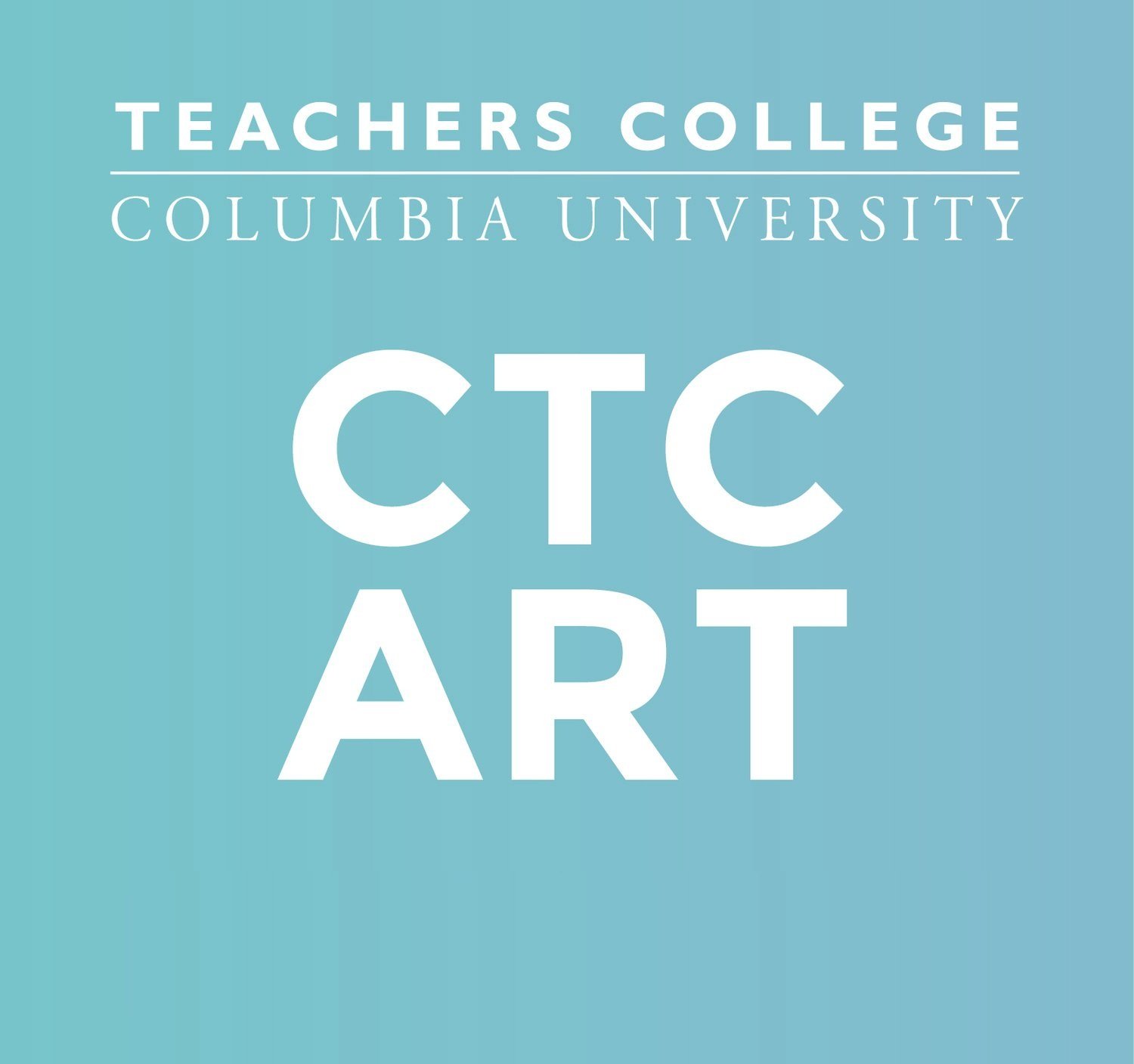CURRICULUM OVERVIEW
Our 15-credit CTC curriculum is designed sequentially, beginning with giving students a solid foundation in creative and emerging technologies, new media art teaching and learning, and media history and theory. Gradually students will build a creative making and teaching practice on top of the foundational skills they have accumulated. Their learning will be accompanied by hands-on experiences, practical training, community engagement, and exhibition opportunities.
COURSE SEQUENCE
Our students are advised to plan their schedules carefully, as some courses are only offered in the Fall (F) semester and others in the Spring (Sp). Select courses are offered in Summer (S) as well.
A&HA 4089 New Media, New Forms (F/Sp/S)
A&HA 4084 Digital Foundations in Creative Technologies (F/Sp):
A&HA 5128 Studio in Creative Technologies: Virtual Reality, Augmented Reality, and Mixed Reality (F)
A&HA 5063 Advanced Studio in Creative Technologies: Digital Fabrication (Sp)
A&HA 5125 Inquiry-Based Art & Design (F)
A&HA 5120 Creative Technologies Seminar (Sp)
A&HA 5601 Creative Technologies Colloquium (Sp)
One Elective (F/Sp/S)
COURSE DESCRIPTION
New Media, New Forms (2 - 3 Credits): This studio course invites students to survey the many creative possibilities of new media in
art education. By engaging in a hands-on dialogue with digital materials, students will explore the impact of technology in the art room, the changing role of the art educator, and the new importance of making in the curriculum. The outcome is a playful and transformative inquiry into new media and how we can utilize them to create new forms. Prerequisite: none.
Digital Foundations in Creative Technologies (2 - 3 Credits): This studio course introduces students to the foundations of physical computing, electronics, and creative coding. In this course, students will learn how to use sensors, micro-controllers, and actuators to create interactive objects and digital experiences that extend beyond the computer screen. Students will develop a critical and creative eye for interactive forms of artistic expression. Weekly hands-on labs, assignments, and readings will help students gain technical proficiency with digital materials and making. Prerequisite: none
Elective (2 Credits): Students should consult with their advisors to select a relevant elective course of 2pts to complete the 15 required credits. This course needs to address creative technologies integration across the curriculum and be taken from the Art & Art Education Program and other TC programs (see list of courses in the TC catalog or online).
Studio in Creative Technologies (2 - 3 Credits): This studio course enables students to work on technology-infused art and design projects. Students will learn multiple aspects of digital fabrication, 2D and 3D design. Facilitated by an instructor with an extensive background in maker-education, this course provides a rich
support structure and the opportunity for peer learning. Workshops will give students the expertise needed to pursue their projects with knowledge and skill. Weekly meetings will allow students to share their processes and to receive feedback. Interested students will
have the opportunity to participate in a gallery exhibition. Prerequisite: none
Inquiry-Based Art & Design (2 - 3 Credits): What are some of the powerful new ideas surrounding technology-infused art and design education? This seminar-style course will look at the impact of emerging technologies (such as e-textiles, data visualization, AI, VR, gaming, blockchain, bioart, and interactivity), their ethical implications, and their place in art and design studios and classrooms. Through short lectures and workshops, students will gain both a general overview of the field and a unique opportunity to develop their own research into civic-minded, cutting edge art, design, and maker education. A colloquium series will accompany the seminar and provide interactions with leaders in the field.
Advanced Studio in Creative Technologies (2 - 3 Credits): This studio course offers a rich environment for students to work on a semester-long project that brings together art, technology and social design. Facilitated by an instructor with an extensive background in maker-education, this course provides students with access to a fully equipped Makerspace, an expanded support structure, and the opportunity for peer learning. Workshops will give students the expertise needed to pursue their projects. Weekly meetings will allow them to share their processes and receive feedback. At the end of the
semester, students will receive an opportunity to exhibit their work.
Prerequisite: experience in community projects, digital media, and/or related technologies is desired, but not required.
Creative Technologies Seminar (3 Credits): What are some of the powerful new ideas surrounding technology-infused art and design education? This seminar-style course will look at the impact of emerging technologies (such as e-textiles, data visualization, AI, VR, gaming, blockchain, bioart, and interactivity), their ethical implications, and their place in art and design studios and classrooms. Through short lectures and workshops, students will gain both a general overview of the field and a unique opportunity to develop their own research into civic-minded, cutting edge art, design, and maker education. A colloquium series will accompany the seminar and provide interactions with leaders in the field.
Seminar Co-requisite: Creative Technologies Colloquium (0 Credit): Derived from the Latin colloqui, meaning, “to talk together,” the Creative Technologies Colloquium is a critical supplement to the Creative Technologies Research Seminar. Students will meet six times over the course of the semester to present their research alongside experts in the field.
TRANSFER CREDIT
Up to two graduate credit points from other institutions may be transferred into the certificate/concentration.
Statement on Satisfactory Progress
Students are expected to make satisfactory progress toward the completion of degree requirements. Program faculty will review each student’s progress annually. Where there are concerns about satisfactory progress, students will be informed by the program faculty. If a student is performing below expectations he/she may be required to complete additional coursework. The Program will provide a plan and timeline for remediation so students know the expectations for their continuance in the Program. If satisfactory progress is not maintained a student may be dismissed from the Program.

